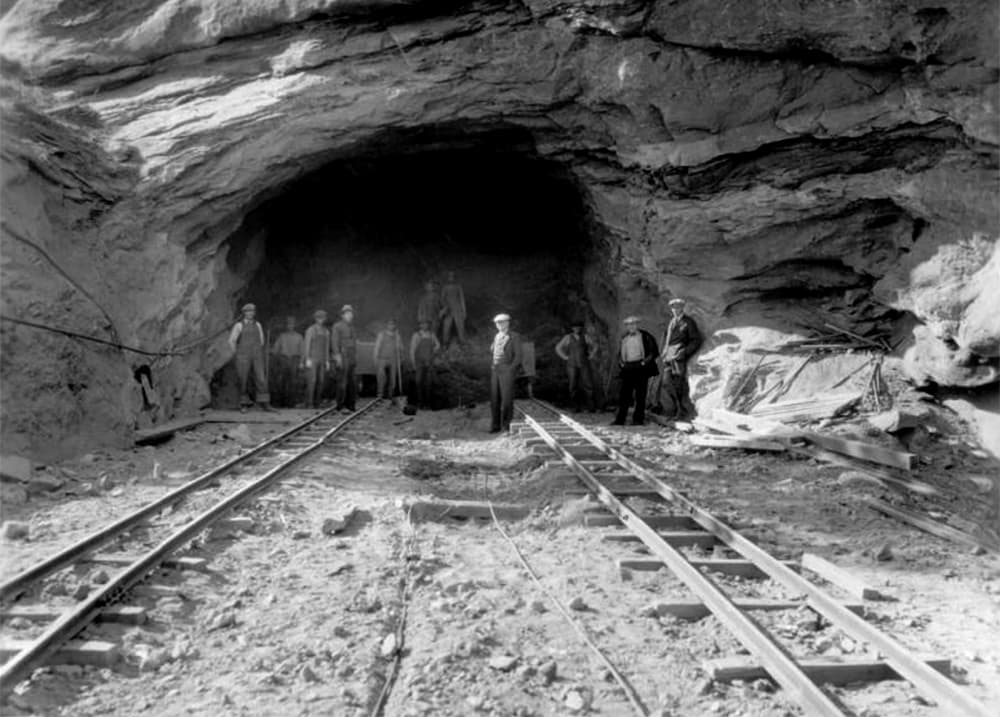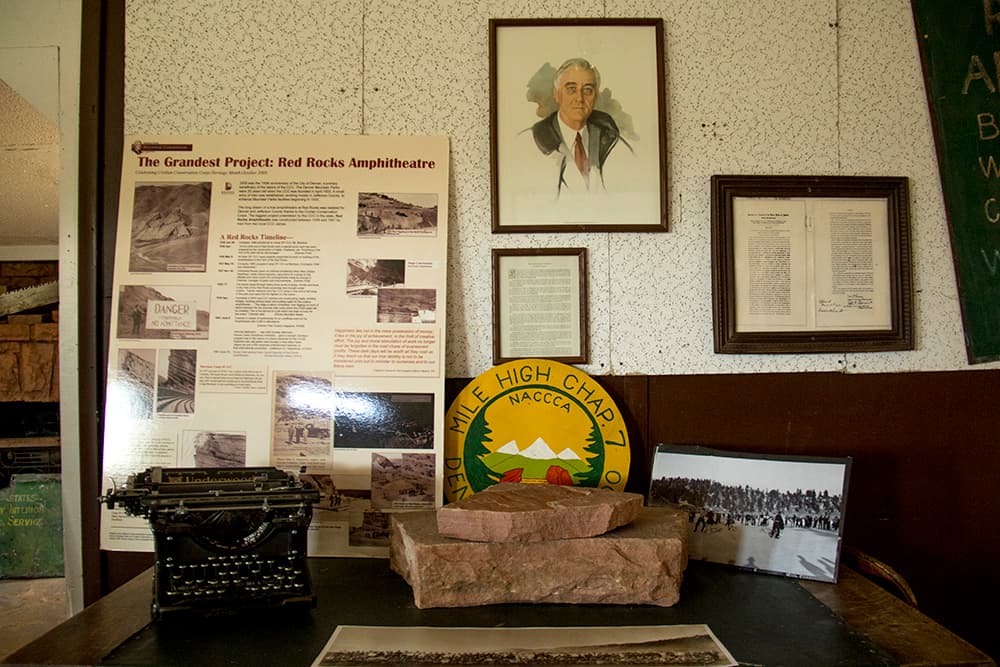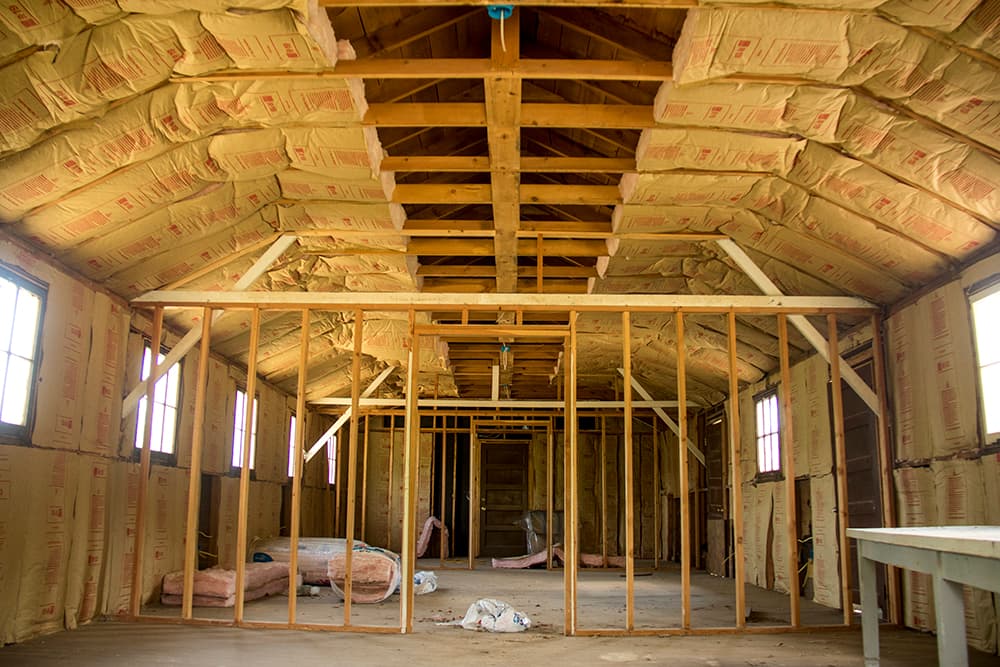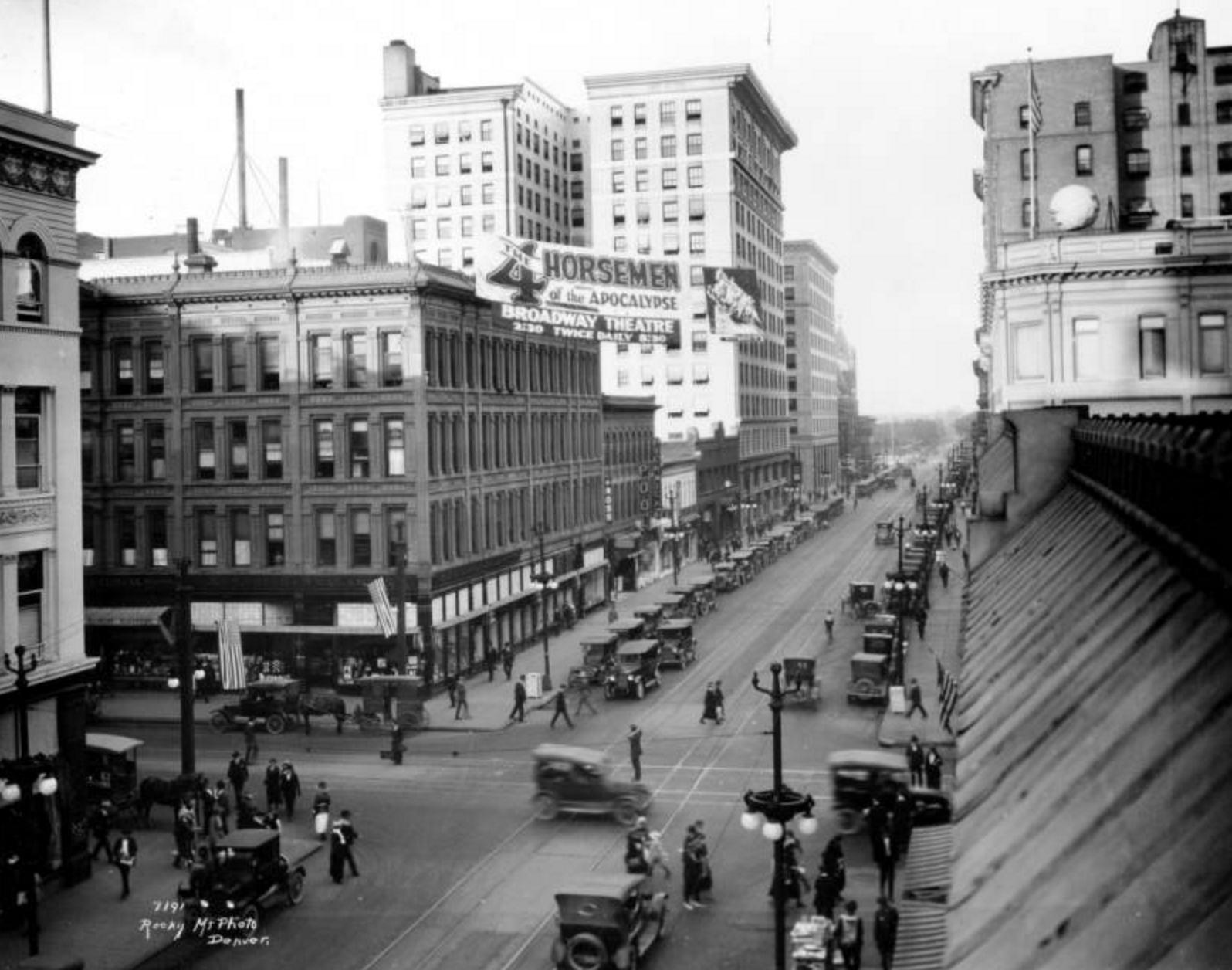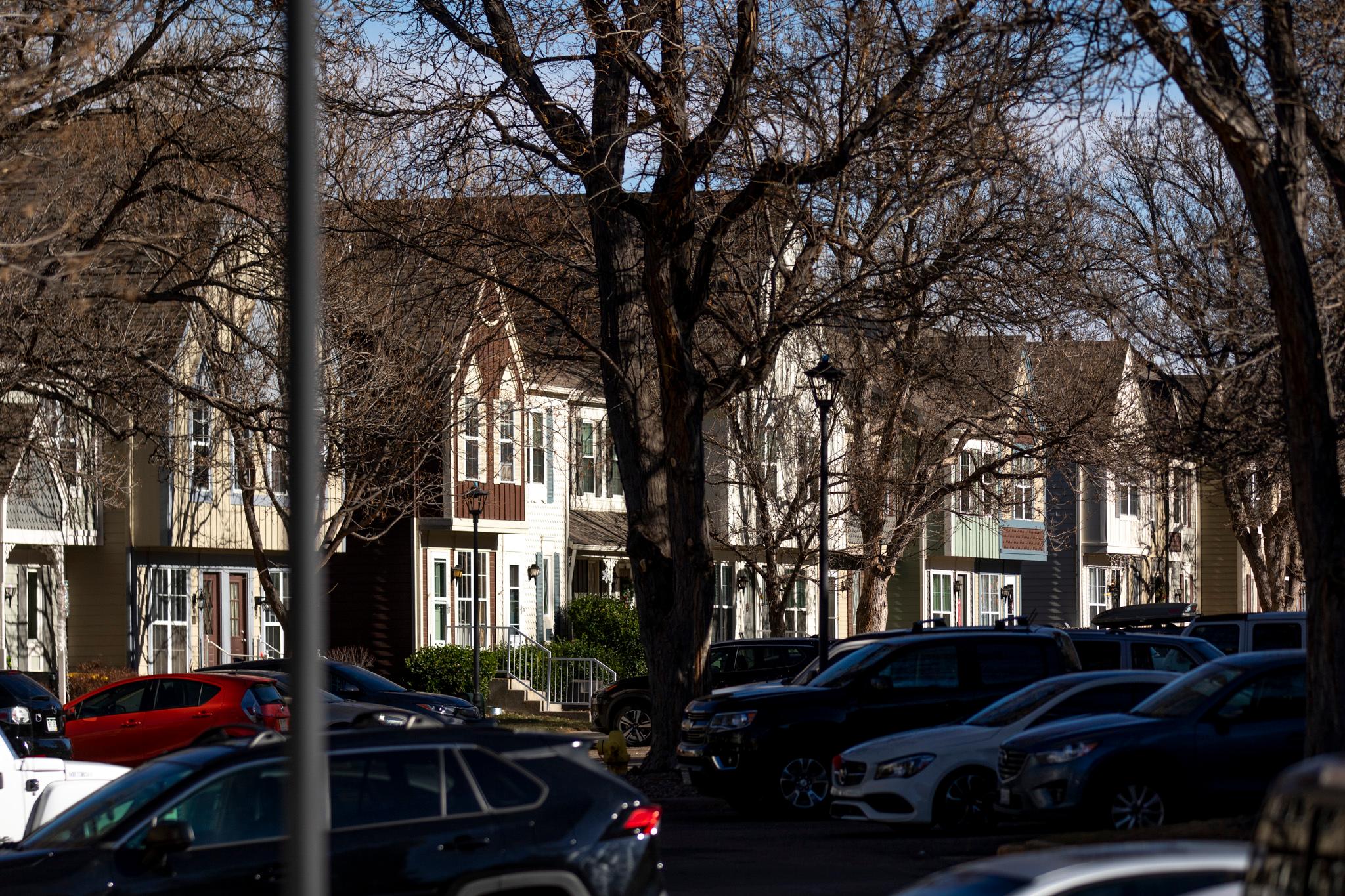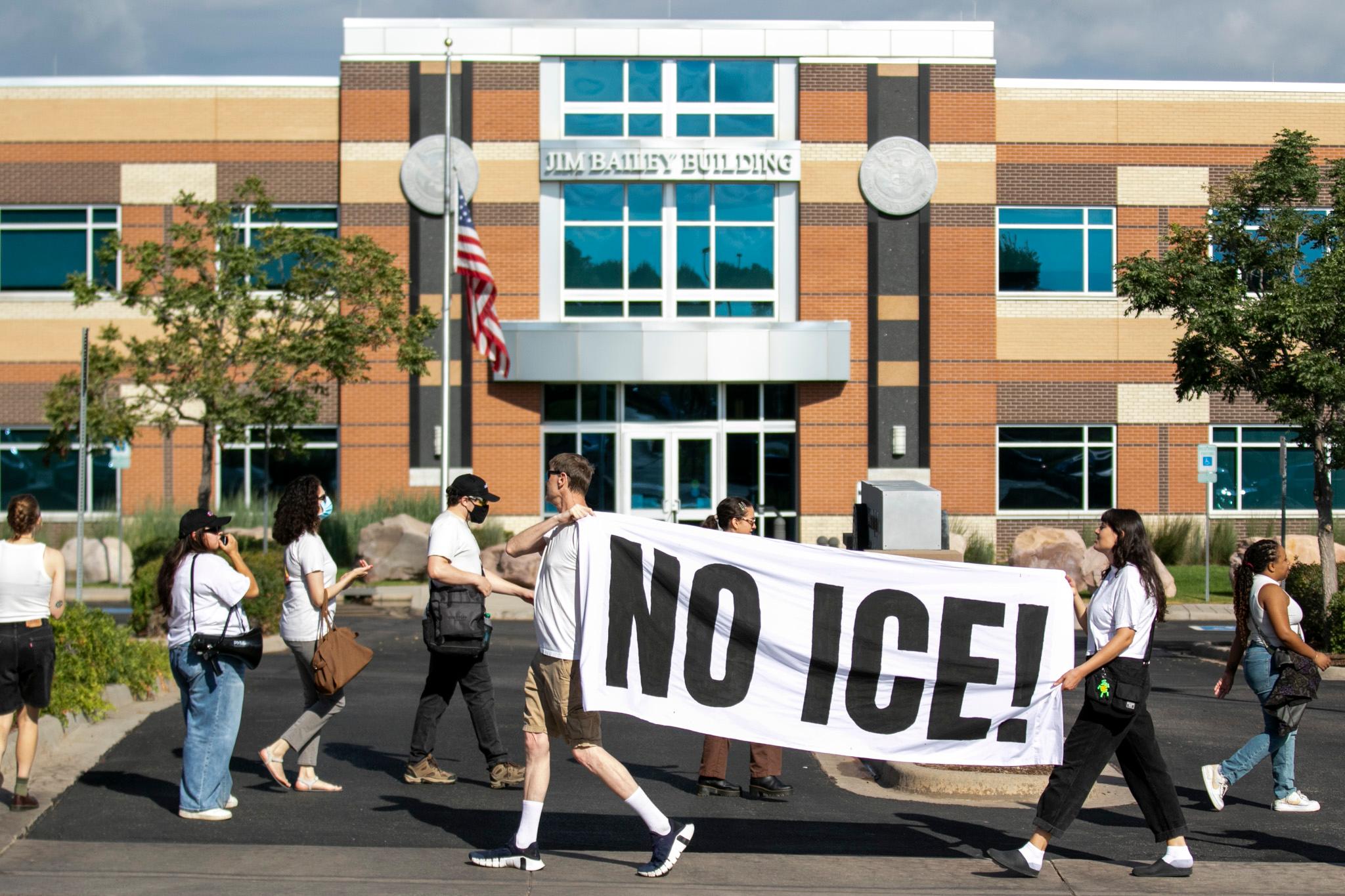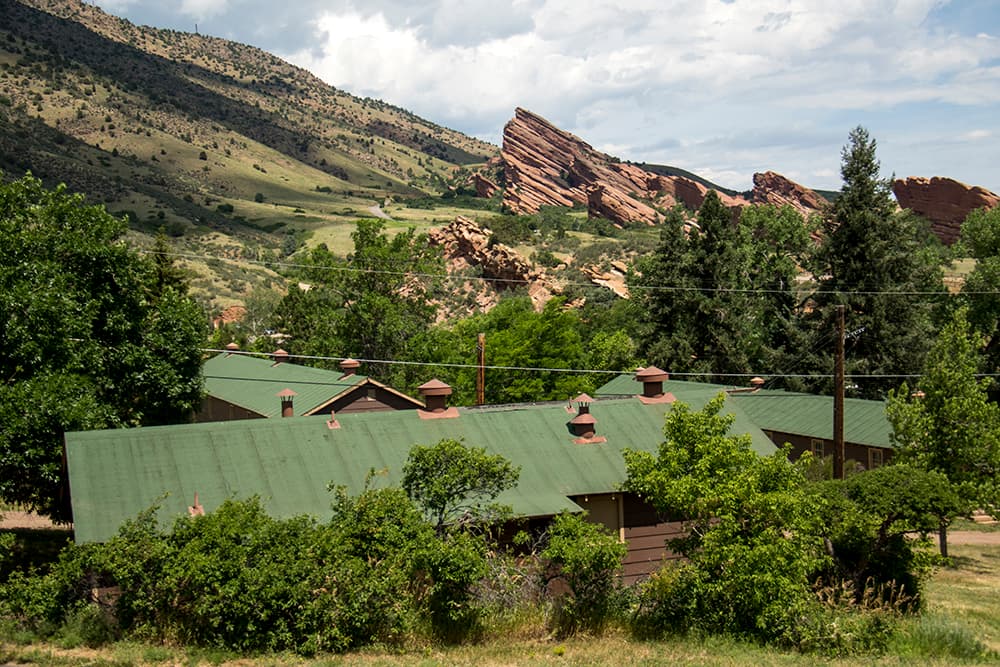
Nature made Red Rocks into a nearly perfect amphitheater, but the Great Depression made it what it is today -- and if you look carefully, you can still see how it happened.
Hidden away on a hillside in Morrison are 14 modest, green-roofed buildings. It looks more than anything like a summer camp, but it's actually a rare artifact of the Civilian Conservation Corps, a government program that remade America in the years before World War II.
Hundreds of men once lived in the barracks of Camp SP-13-C, a home base for the construction of Red Rocks, the Bear Creek Canyon Scenic Mountain Drive and other mountainous amenities. The city of Denver doesn't exactly advertise the place -- but that's about to change.
"We're giving it back to the people," Mayor Michael Hancock said in his state of the city address this week.
Currently, the little-known site is a headquarters for Denver's mountain parks rangers and their gear. Eventually, it could be reopened to the public and transformed into the hub of a skills training program.
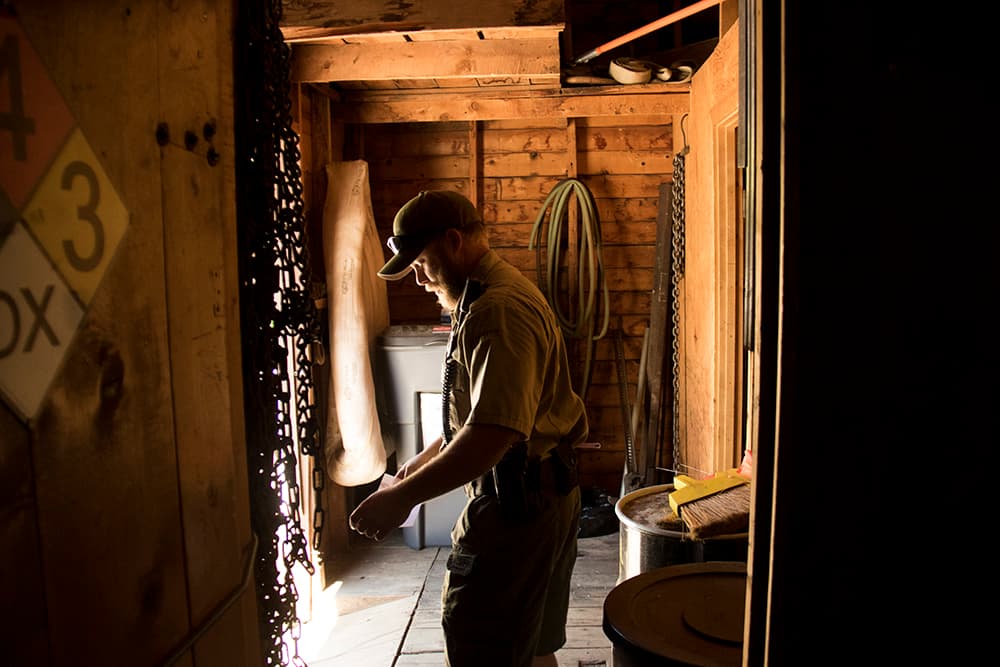

The city will start later this year by renovating just one of the historic buildings at a cost of about $500,000. That first structure will become the new headquarters of HistoriCorps, a local nonprofit that specializes in restoring exactly this kind of building.
Currently, HistoriCorps works off 14th Avenue in downtown Denver, which is less than ideal for an organization that does the rough-and-tumble work of fixing up aging wilderness structures. Its recent projects include the renovation of the fire tower atop Hahns Peak and the restoration of a 1930s cabin in Alaska's Tongass National Forest.
In exchange for its use of the property, HistoriCorps will use its volunteer crews to renovate the aging shelters and other structures that dot the 14,000 acres of Denver's mountain parks system.
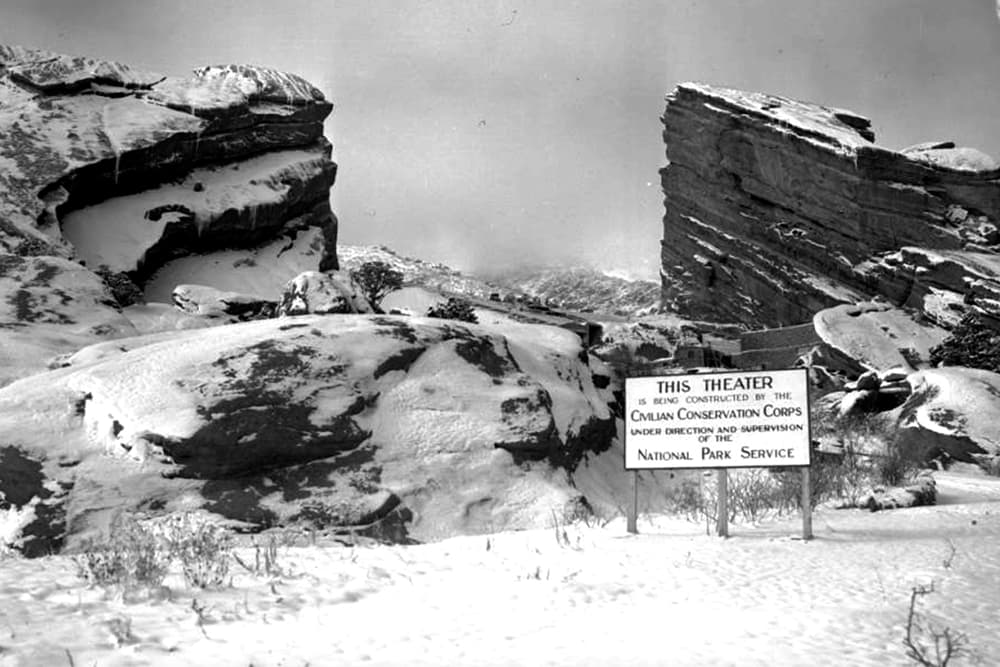
"Our work model has echoes of the Civilian Conservation Corps in the 1930s," explained Donald Rae, development officer for HistoriCorps.
Besides the fact that it often works with CCC-era structures, the program aims to teach new skills in exchange for service to a greater public project.
"The end outcome is twofold: Getting people a skill that they can go out and have a good job,and secondarily, we’re getting work done on the mountain parks when we’ve been historically limited in funding for the amount of assets out there," said Brad Eckert, project manager for Denver mountain parks.
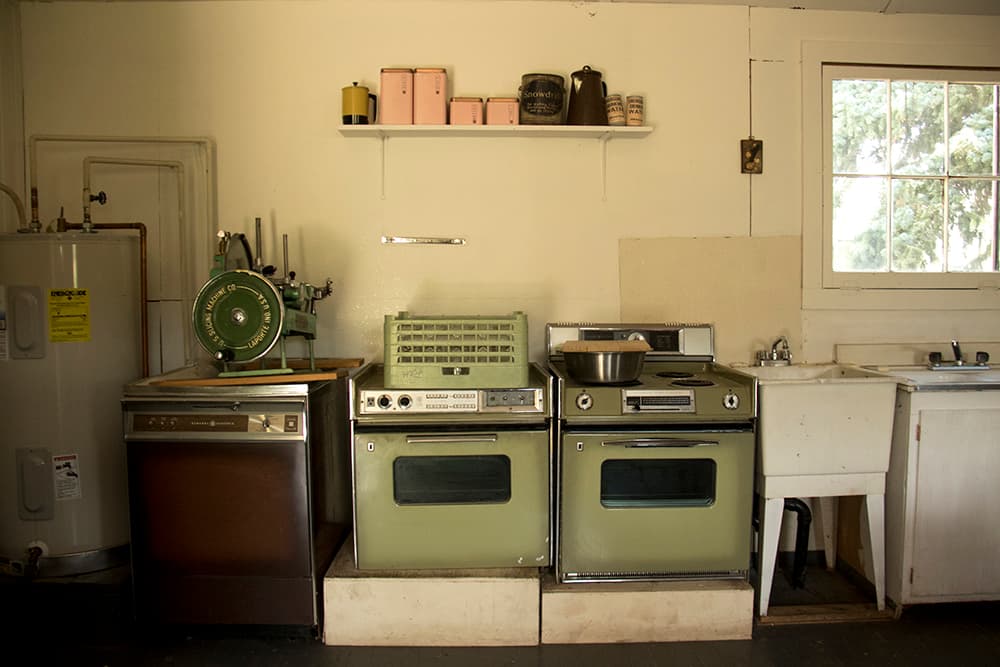
HistoriCorps does not pay its crews -- often, they're school groups or corporate employees -- but the city may try to work out an arrangement where certain participants can take home some additional benefit.
Potential skills include masonry, carpentry and general construction, all of which is in high demand in Colorado. The city's interest may reflect the positive reception of its Denver Day Works program, which aims to provide fast, accessible employment.
Eventually, the city and HistoriCorps will look for private donors to support the rehabilitation of 11 buildings on the campus, as well as the remnants of a second CCC camp in Genesee Park. It could cost roughly $5 million, Eckert said, but that's far from a sure thing.
Hancock said he envisions the buildings becoming places where Denver families could go for a weekend getaway or sites for outdoor education for Denver schoolchildren.
Eckert sees a long future for the new partnership. "We have years of work for them to do," he said.
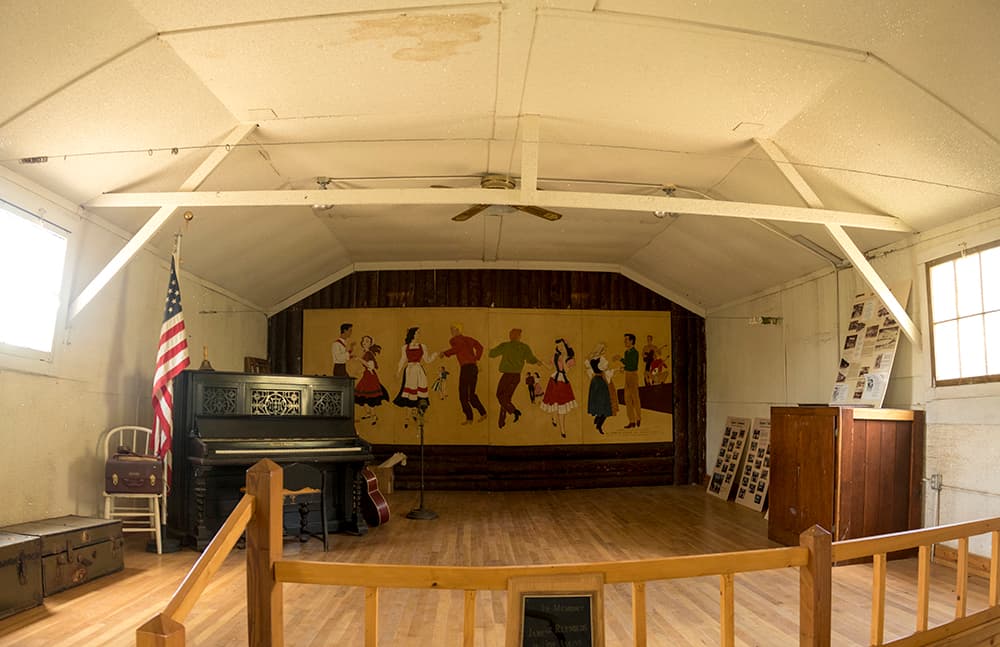
Meanwhile, the Morrison camp is not completely off limits to the public at the present, but the city asks that people call ahead to 720-865-0900 to arrange tours.
Often enough, those visitors have included alums of the original CCC program. In all, the corps employed 3 million young men between 1933 and 1942.
Want more of Andy's CCC experience? Listen to his segment this week on the Denverite podcast!
